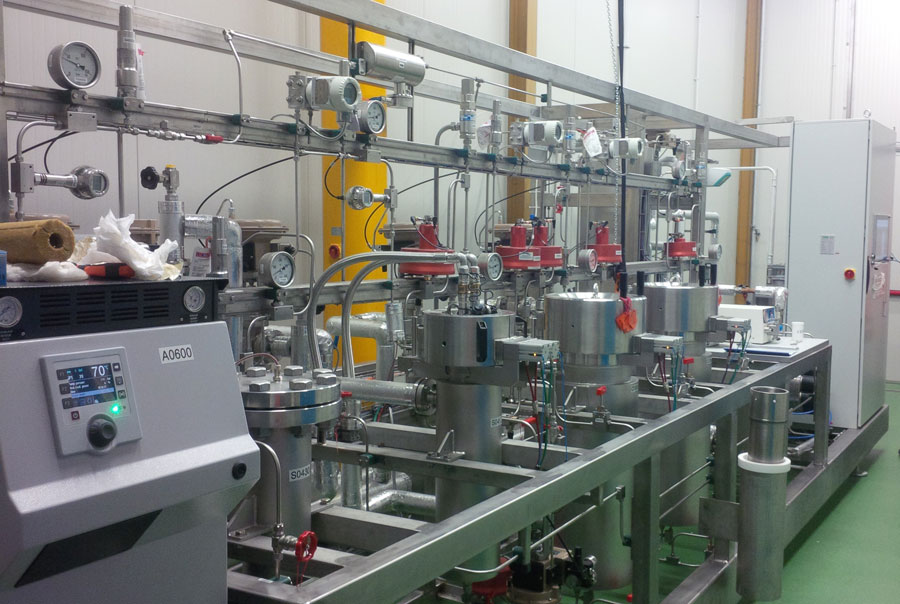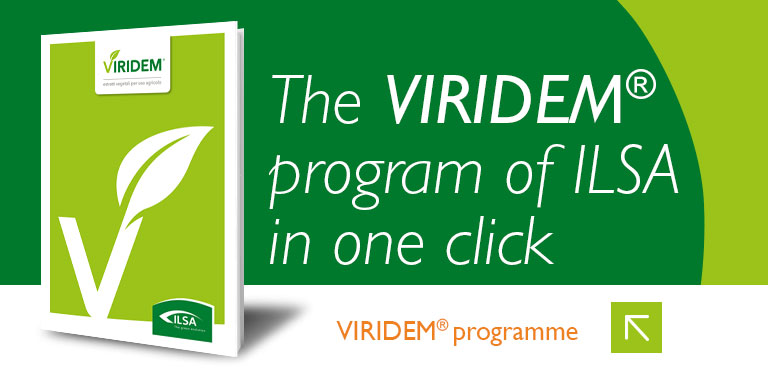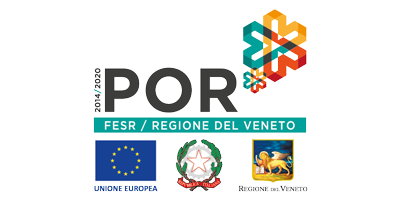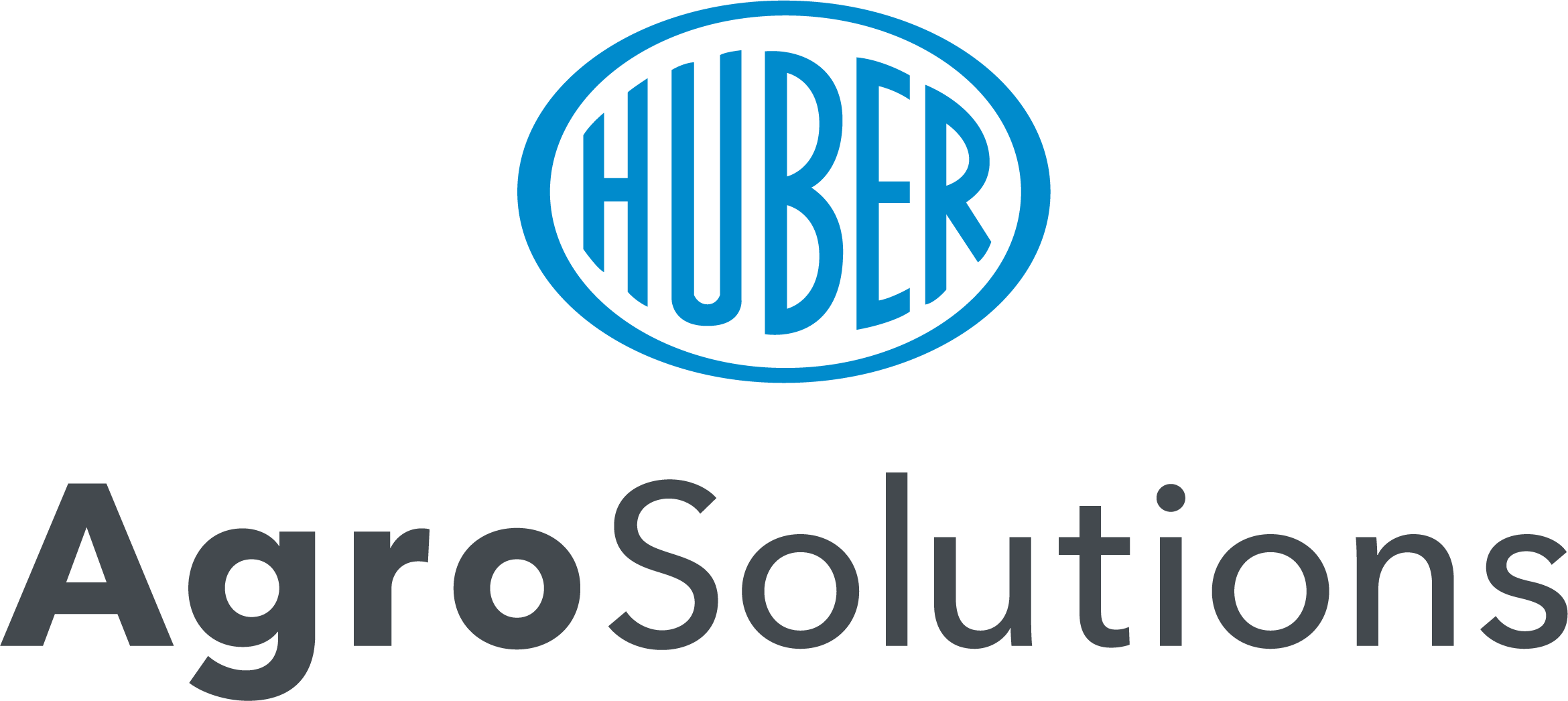Vegetal extracts process
SFE®: Supercritical Fluid Extraction
The extraction of bioactive substances from plant matrices is conducted by using carbon dioxide (CO2) as an extraction fluid in supercritical conditions. The solvent power of CO2 can be adjusted by increasing or decreasing the pressure and/or temperature.
By appropriately changing the conditions of pressure (which can reach up to 1000 bar) and temperature (which never exceeds 80 °C), such extraction can be highly selective offering the possibility of creating unique extractions, with different levels of oils, waxes and desirable extracts. Raw plant materials, correctly dried and ground, are entered into the system. Carbon dioxide (CO2), a gas which under specific environmental conditions (temperature of 31.1 °C and pressure of 73.8 bar) is in the supercritical phase, is brought to the required temperature and pressure, thus starting the extraction phase.
Upon completion of extraction, the operating pressure is lowered and the CO2 loses its solvent strength, releasing the extracted substances which become available in concentrated form. The resulting extracts are microbiologically stable and do not require preservatives. Unlike conventional processes, the selectivity of ILSA's extraction process does not involve thermal stress on the raw materials and does not require the use of organic solvents.
Because of its low environmental impact, the FDA (U.S. Food and Drug Administration) has awarded this industrial process the attribution of GRAS (Generally Recognised as Safe) for use in foodstuffs.






.png)
















